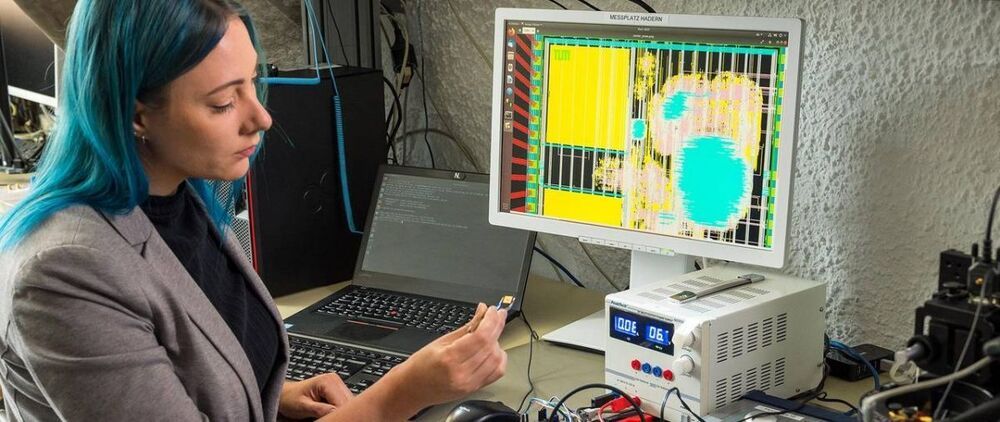The goal is to pre-empt the fall of traditional cryptography likely to follow the quantum revolution.
A research team with the Technical University of Munich (TUM) have designed a quantum cryptography chip aimed at the security demands of the quantum computing revolution. The RISC-V chip, which was already sent to manufacturing according to the researchers’ design, aims to be a working proof of concept for protecting systems against quantum computing-based attacks, which are generally considered to be one of the most important security frontiers of the future. Alongside the RISC-V based hardware implementation (which includes ASIC and FPGA structures), the researchers also developed 29 additional instructions for the architecture that enable the required workloads to be correctly processed on-chip.
Traditional cryptography is generally based on both the sender and receiver holding the same “unlock” key for any given encrypted data. These keys (which may include letters, digits, and special characters) have increased in length as time passes, accompanying increases in hardware performance available in the general computing sphere. The idea is to thwart brute-force attacks that would simply try out enough character combinations that would allow them to eventually reach the correct answer that unlocks the encrypted messages’ contents. Given a big enough size of the security key (and also depending on the encryption protocol used), it’s virtually impossible for current hardware — even with the extreme parallelization enabled by the most recent GPUs — to try out enough combinations in a short enough timeframe to make the effort worthwhile.
